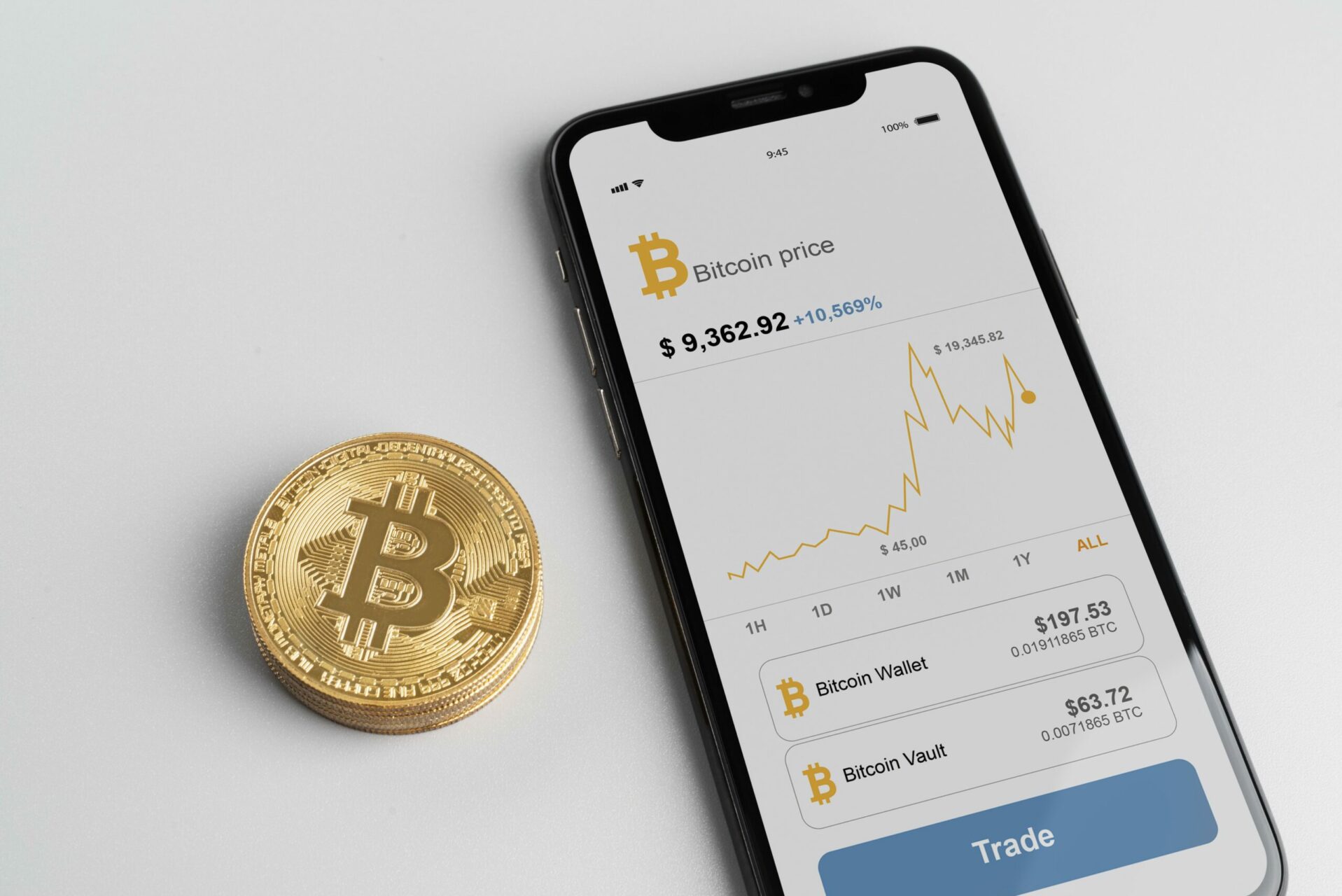The News
- The Federal Government of Nigeria, through the Securities and Exchange Commission, intends to remove the naira from all peer-to-peer platforms to combat the manipulation of local currency values in the foreign exchange market.
- According to Emomotimi Agama, Director General of the SEC, who disclosed this during an interactive session with the Nigerian Blockchain Industry, the commission will implement some regulations in the coming days, and it is updating its guidelines to ensure best practices.
- Agama expressed concern about how market players are manipulating the naira’s value while emphasising the importance of collaboration in ensuring the crypto market operates with integrity and gains global recognition.
This development comes as fintechs such as Kuda and Moniepoint have announced plans to close accounts of anyone engaging in crypto or other virtual asset transactions and share their information with relevant authorities following the Central Bank of Nigeria’s regulations.
Recall that in December 2023, the Central Bank of Nigeria (CBN) lifted the ban on banks facilitating crypto transactions and issued guidelines for banks and other financial institutions when operating with entities that provide crypto services, following its prohibition in February 2020.
Nigeria has recently moved to regulate the cryptocurrency market, claiming that this will reduce naira manipulation. In June 2023, the Securities and Exchange Commission declared Binance’s operations illegal in Nigeria.
Subsequently, the federal government demanded information about Binance’s top 100 users in the country, claiming that unknown individuals conducted approximately $26 billion in transactions through the crypto platform, contributing to the naira’s decline.
In March 2024, Binance announced that it would no longer accept naira deposits or withdrawals as it discontinued all Nigerian naira services, including naira trade on its P2P platform.
In April 2024, the Central Bank of Nigeria directed Moniepoint, OPay, Kuda Bank, and PalmPay to restrict new account openings due to its ongoing efforts to combat fraud.










